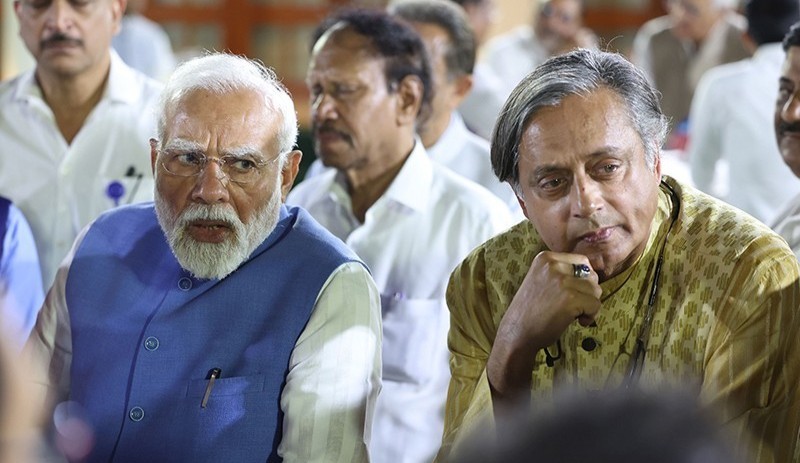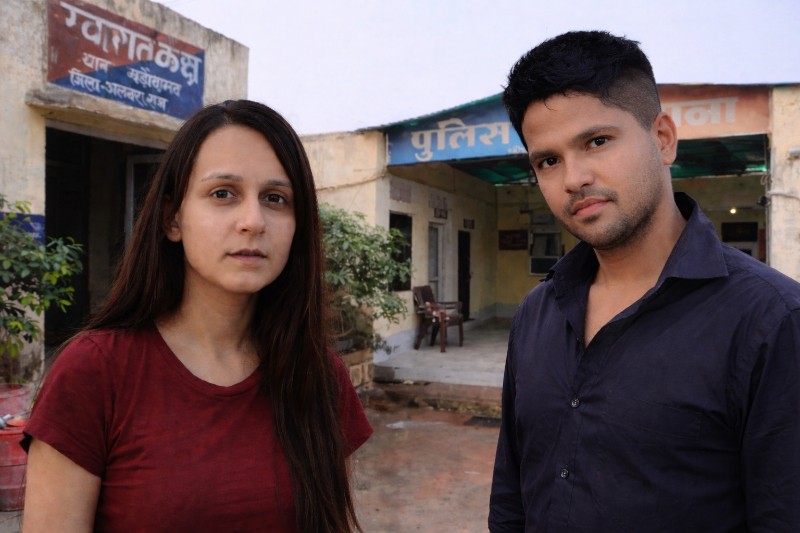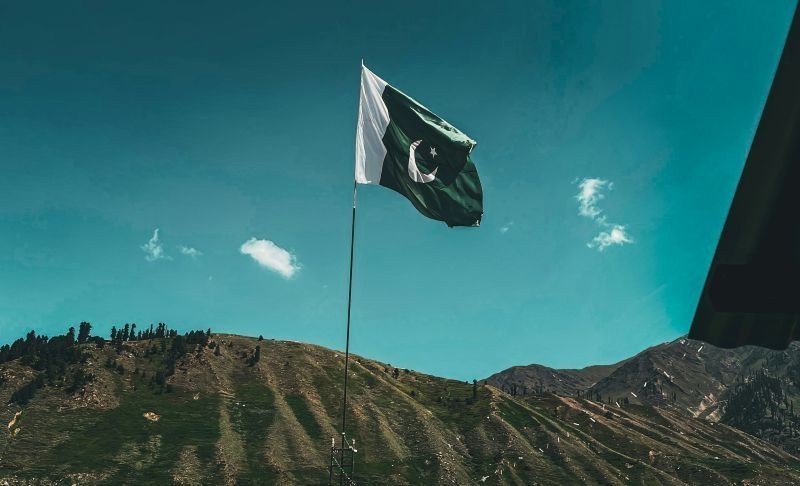New Zealand to Khalistanis: Keep your extremism out
In a powerful and spontaneous moment captured on video, a New Zealand man in Auckland delivered a blunt message to Khalistan supporters: “Go back to your country.”
This incident, which has gone viral on social media, is a stark reminder of the growing global rejection of separatist extremism.
The man, wearing a New Zealand basketball vest, passionately condemned the display of the “disgusting yellow flag,” a reference to the Khalistani banner, asserting that the only flag that should wave high in New Zealand is its own.
His words struck a chord: “What makes you think you can come to this country when soldiers left this country and are buried on foreign soil?”
It was a poignant rebuke, invoking the sacrifices of New Zealanders who have fought and died for freedom, not for divisive ideologies imported from abroad.
The man’s sentiment echoes a broader frustration felt by many who believe their countries should not be platforms for foreign separatist agendas.
The incident occurred on the heels of a so-called “Khalistan referendum” held in Auckland on November 17.
Pro-Khalistani elements gathered under the watchful eye of police to advocate for a separate state carved out of India.
Videos from the event show participants wielding swords, a chilling display that raises serious concerns about the nature of their activities.
While the referendum itself lacked any legal or political standing, its symbolism was not lost on observers: the event was yet another attempt to sow division and disrupt harmony, even far from Indian soil.
This moment is a wake-up call, not just for New Zealand but for all democracies grappling with the challenges of extremist ideologies.
Khalistan supporters have increasingly sought to leverage the freedoms of liberal democracies to push their agenda, often resorting to intimidation and violence.
Yet, the vocal opposition from ordinary citizens, like the man in the video, underscores a growing intolerance for such divisiveness.
New Zealand, like many other nations, prides itself on its multicultural society and open arms to those who seek refuge and opportunity.
However, with those freedoms come responsibilities.
Importing violent or separatist ideologies undermines the very fabric of the societies that offer these freedoms.
The man’s outburst, while heated, resonates because it defends the core values of national unity and respect for the rule of law.
This incident also highlights the double standard often employed by Khalistan supporters. While they wave their flags and demand a homeland in India, many of them have chosen to live in countries like New Zealand, enjoying its safety, prosperity, and democracy.
If their cause is so just and noble, why not pursue it within India, through peaceful and democratic means?
The truth is that their methods — and often their rhetoric — betray an agenda that is less about justice and more about spreading chaos.
Moreover, the fact that the Auckland police allowed the referendum to proceed despite its provocative nature is a testament to New Zealand’s commitment to free expression.
Yet, this freedom should not be abused. Displays of weaponry and aggressive posturing must be met with firm legal action. Societies must draw a clear line between lawful advocacy and actions that incite fear or violence.
The message from Auckland is clear: the world is watching, and the patience for extremist posturing is wearing thin.
Khalistan supporters may find temporary platforms in foreign lands, but their divisive message will ultimately be rejected. Democracies thrive on unity and inclusiveness, not on the importation of foreign conflicts.
The man’s passionate plea — for respect, unity, and national pride — is a powerful reminder that New Zealanders, like people everywhere, will not stand by as their home is used as a stage for extremist propaganda.
(Photo and Text courtesy: Khalsavox.com)
IBNS
Senior Staff Reporter at Northeast Herald, covering news from Tripura and Northeast India.
Related Articles

Constitution ‘sacrosanct’ to PM Modi: Shashi Tharoor’s statement sets political chatter ablaze
Thiruvananthapuram/IBNS: Amid speculation over his relationship with the Congress, party MP Shashi Tharoor has said Prime Minister Narendra Modi views the Indian Constitution as “sacrosanct,” underscoring the strength of a document that has “stood the test of time.”

AI obscene videos, blackmail and religious conversion: GRP cop, gym owners busted in UP
Lucknow/IBNS: Six people, including a Government Railway Police (GRP) head constable, have been arrested in connection with an alleged gym-based syndicate involved in forced religious conversions in Mirzapur district of Uttar Pradesh, media reports said.

KRK arrested in Mumbai after firing incident at Oshiwara Residence
Mumbai/IBNS: Actor and self-proclaimed film critic Kamaal R. Khan (KRK) has been arrested by Mumbai Police in connection with a firing incident at a residential building in Oshiwara, media reports said.

Rajasthan: Two murder convicts fall in love behind bars, granted parole to get married
Jaipur/IBNS: A relationship that began behind prison walls is set to culminate in marriage, after two convicted murderers were granted parole to wed in Rajasthan’s Alwar district.
Latest News

Three-inter-state drug peddlers arrested with banned cough syrups

Assam Rifles organizes Drone display for tribal students in Agartala

Baloch activists take human rights battle to Dutch Parliament

SRK is back! Shah Rukh Khan’s ‘King’ release date revealed with roaring teaser

